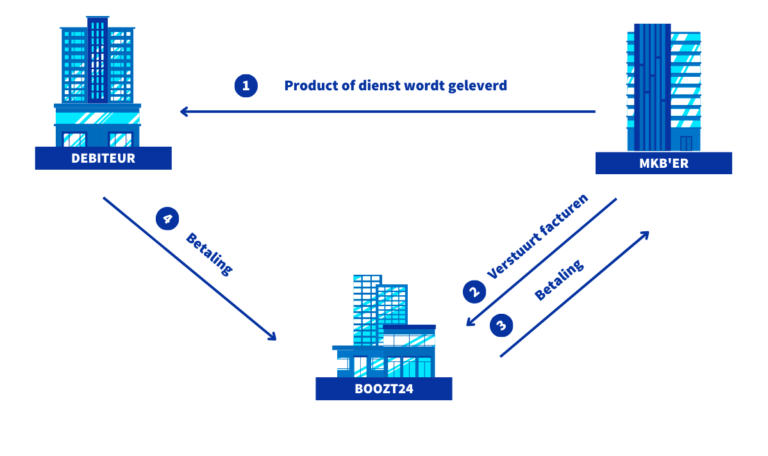Debtor management is a critical aspect of any business, as it involves managing the credit that a company extends to its customers. Good debtor management is essential for maintaining healthy cash flow, reducing bad debts, and ensuring that a company is financially stable in the long term.
Waarom is goed debiteurenbeheer van belang?
One of the key reasons why good debtor management is important is that it can help a company to avoid cash flow problems. By managing their debtors effectively, companies can ensure that they receive payment for their products or services on time, which in turn allows them to pay their own bills and suppliers promptly. This can help to avoid late payment fees, penalties, and other charges that can have a negative impact on a company's finances.
Good debtor management can also help to reduce bad debts, which are debts that are unlikely to be paid by customers. By having effective credit control processes in place, companies can identify potential problem debtors early and take steps to recover the debt or prevent it from occurring in the first place. This can help to reduce the amount of bad debt that a company incurs and improve its overall financial performance.
In addition, good debtor management can help to build strong relationships with customers. By being proactive in their communication and follow-up with customers, companies can create a positive image and reputation for themselves, which can lead to increased customer loyalty and repeat business.
Overall, good debtor management is essential for any business that wants to maintain a healthy cash flow, reduce bad debts, and build strong customer relationships. By implementing effective credit control processes and procedures, companies can ensure that they are financially stable and well-positioned for long-term success.



